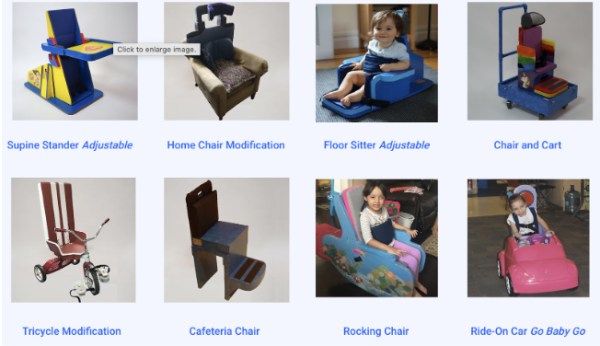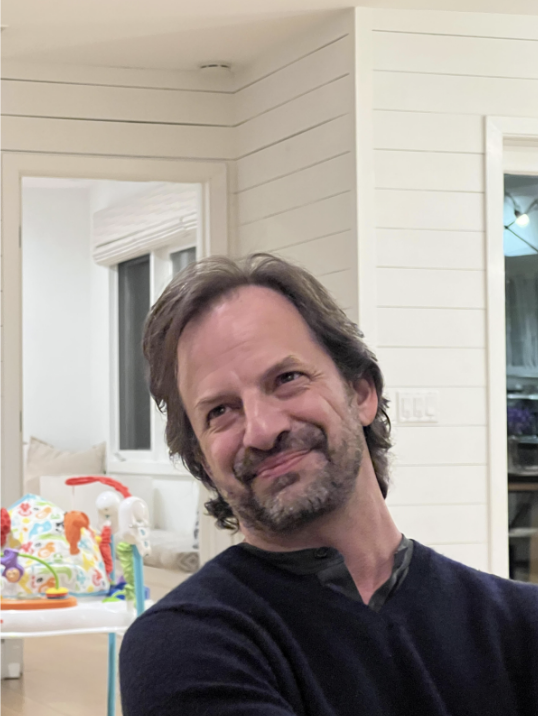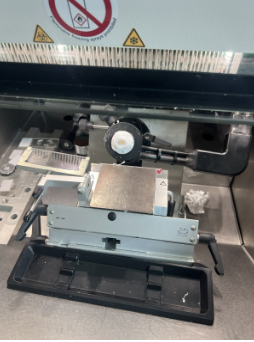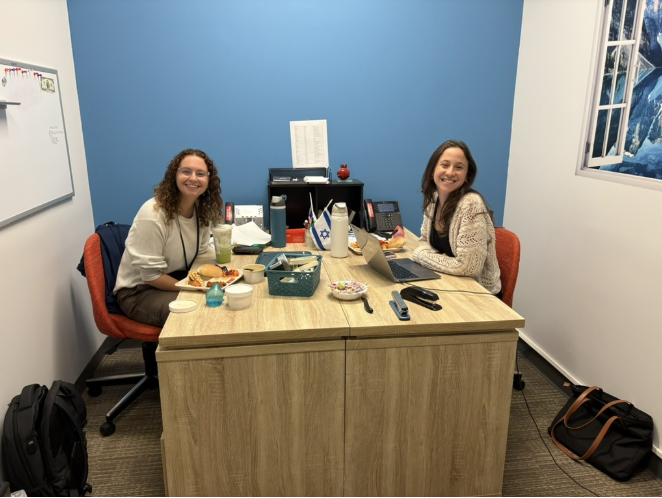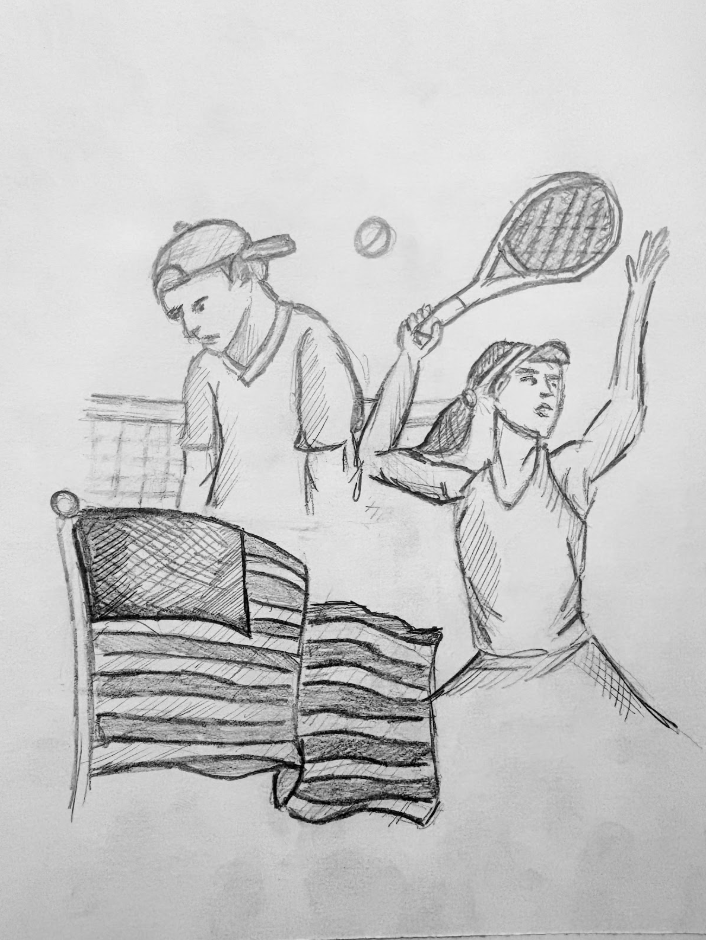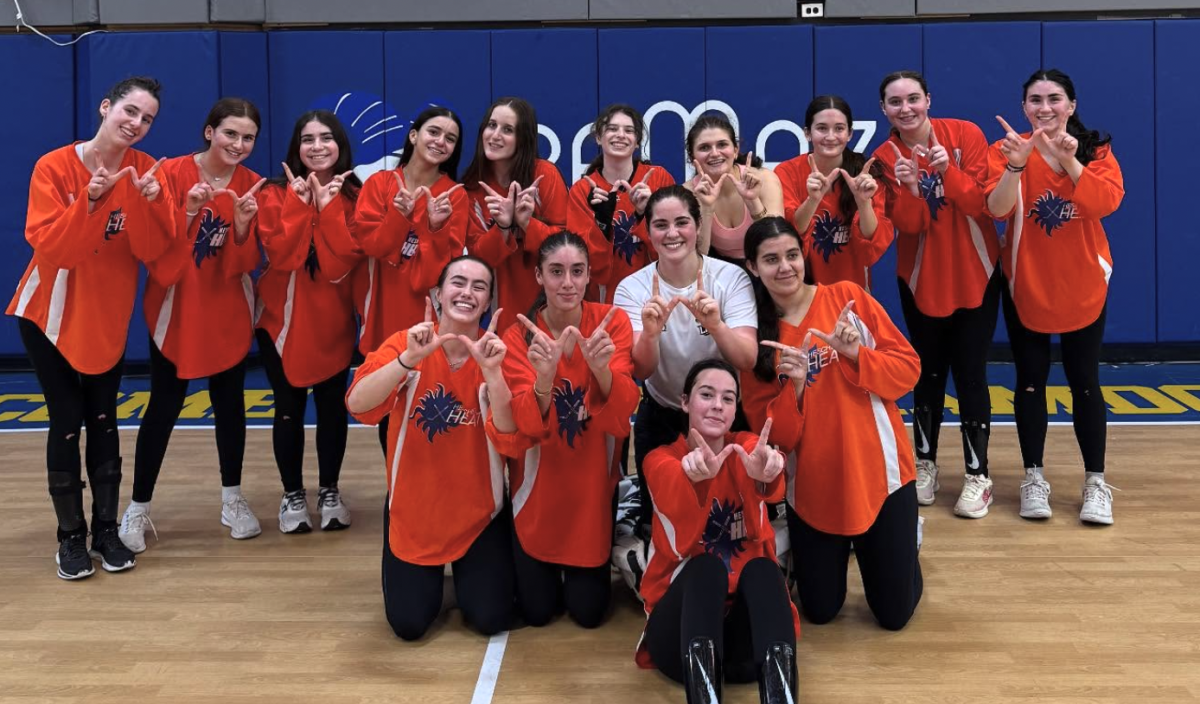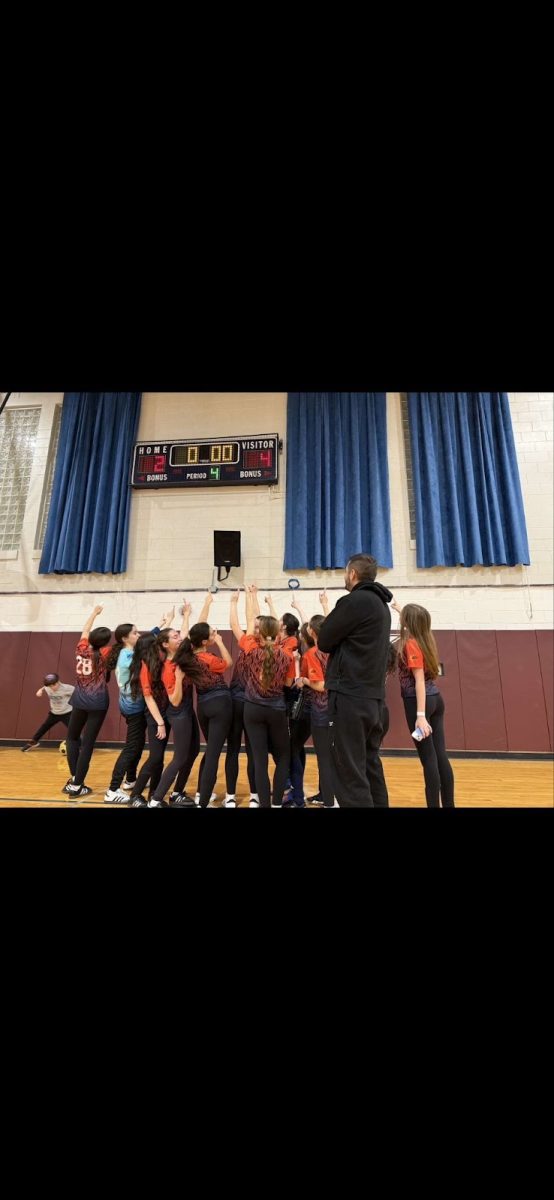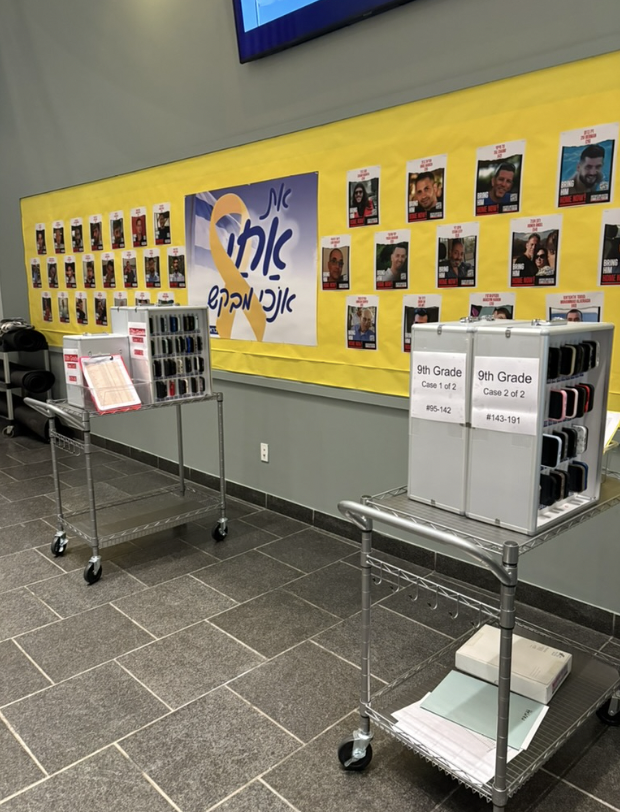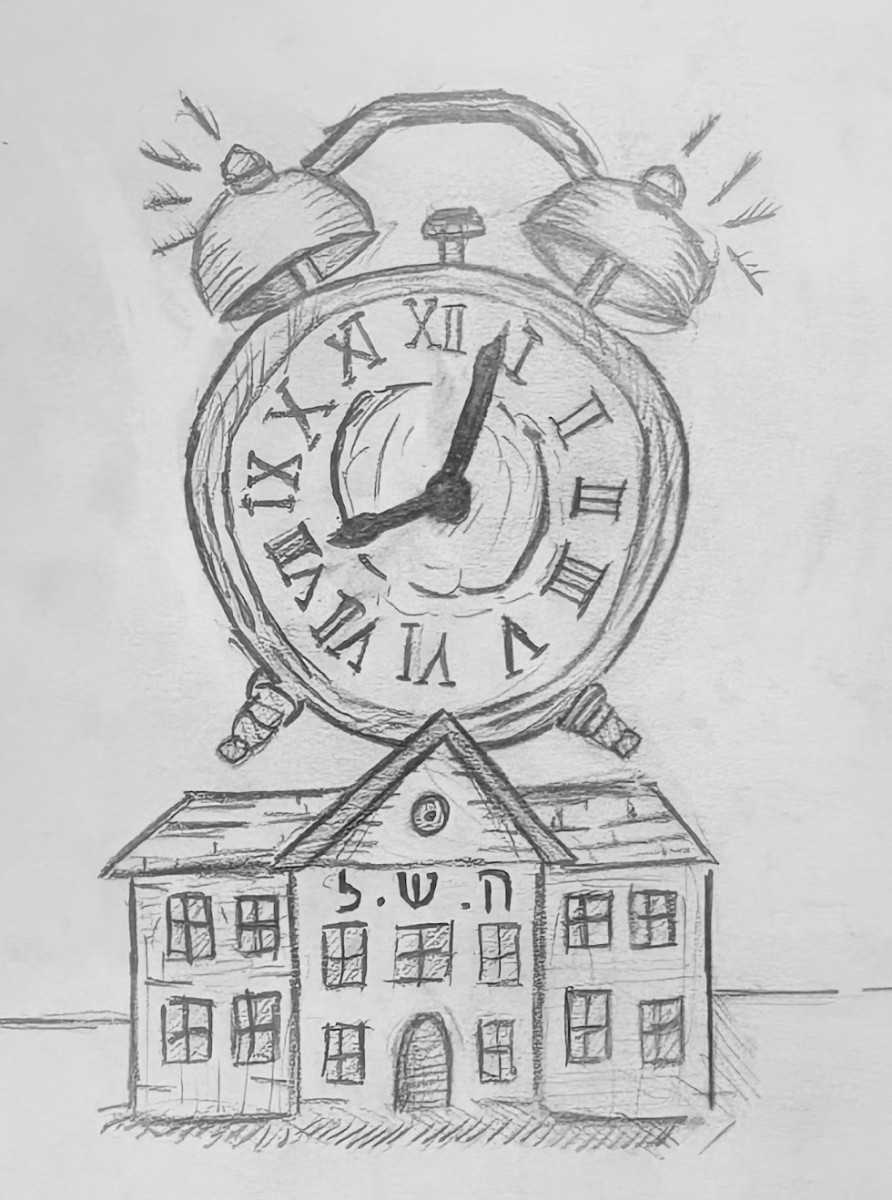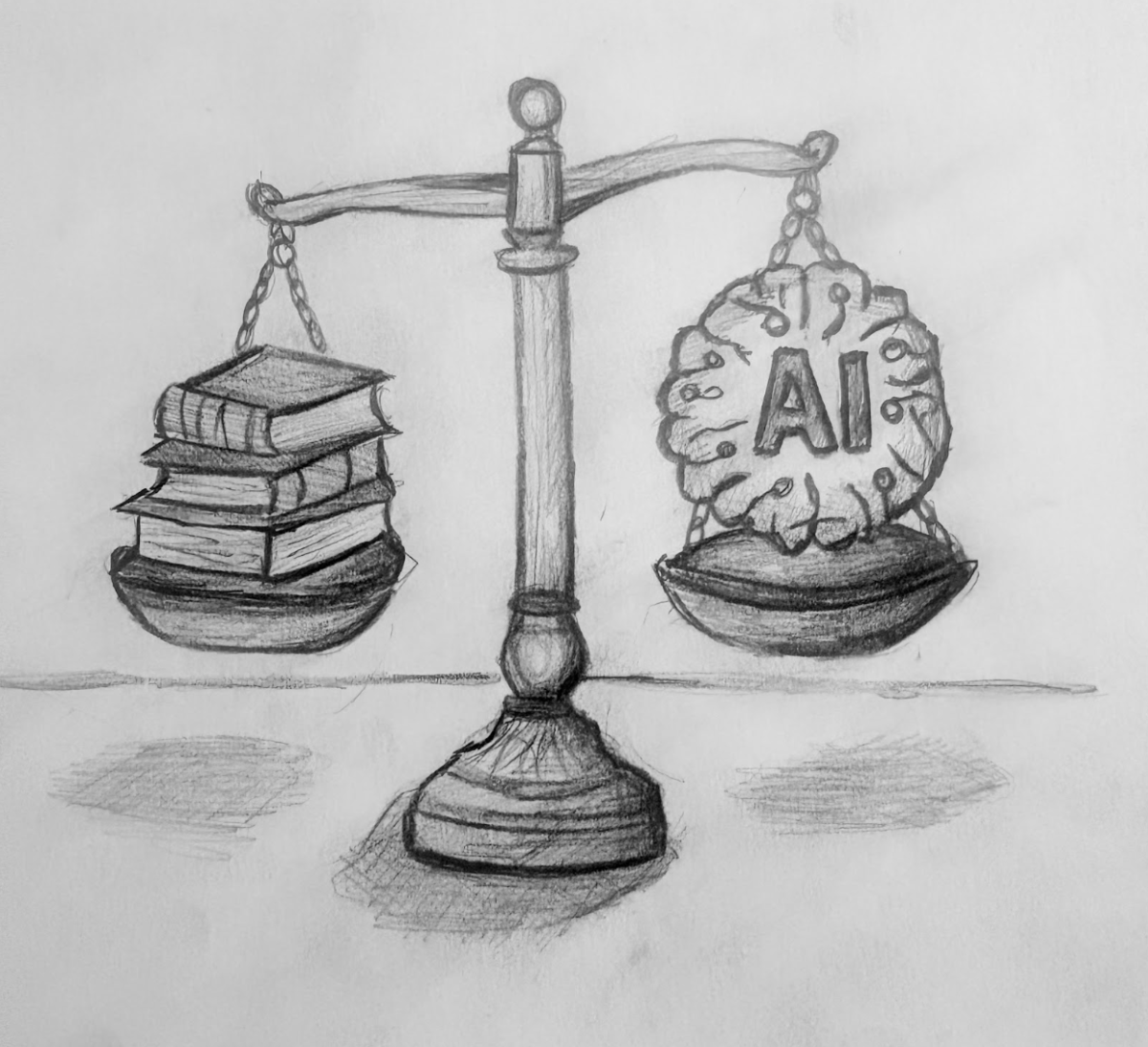The Adaptive Design Association is a non-profit organization based in Midtown, Manhattan. The founder, Alex Truesdell, established the ADA in 2001, and it has worked to transform “the lives of individuals with disabilities by inventing and producing innovative, low-cost, adaptive design solutions” for the past 22 years. The ADA primarily works with children with disabilities to create custom adaptations to help enhance their everyday life. Their adaptations include high chairs, wheelchairs, step stools, and more. What makes the work that the ADA does so inspiring and unique is that their primary material is cardboard. After much trial and error, the ADA determined a way to strengthen cardboard: by layering multiple layers on top of each other, in order to make it a material that can sustain weight and wear. Because the majority of their designs are made of cardboard, they are able to produce them at a very low cost, making them accessible and affordable for everyone who needs them.
In addition to making custom devices for people with disabilities, the ADA has another initiative: they produce Tangible Symbol Cards. These 3” by 6” cardboard rectangles have raised objects embedded in the face of the card and are used as a receptive form of communication for any learner who is deaf, blind, or who has communication, motor, or behavioral disability. These cards are mass produced and are sent to schools and institutions across America.
I had the opportunity to work as an intern in their office during the summer of 2019 and again this summer. I primarily worked on their Tangible Symbol Cards, but also assisted with other projects. Not only is the team at the ADA passionate, warm, and hardworking, but the work they do is incredible. The ADA has many opportunities for volunteers to get involved, whether individually or communally. Check out their website: adaptivedesign.org. 